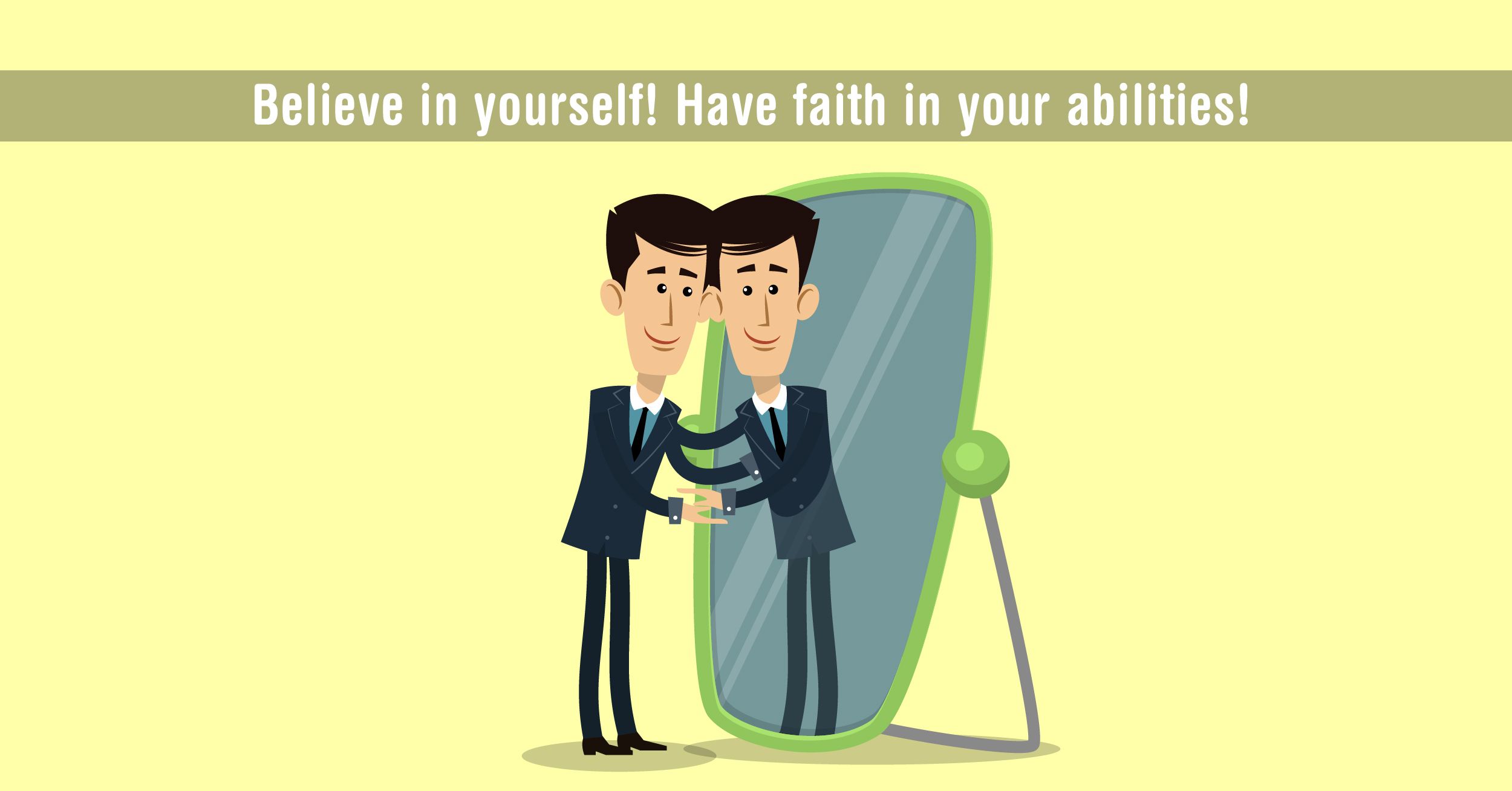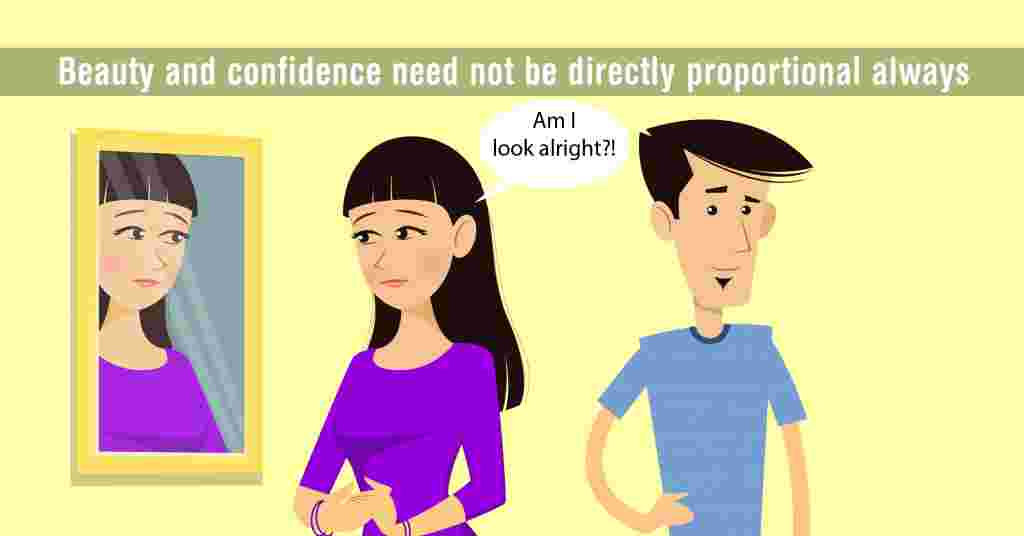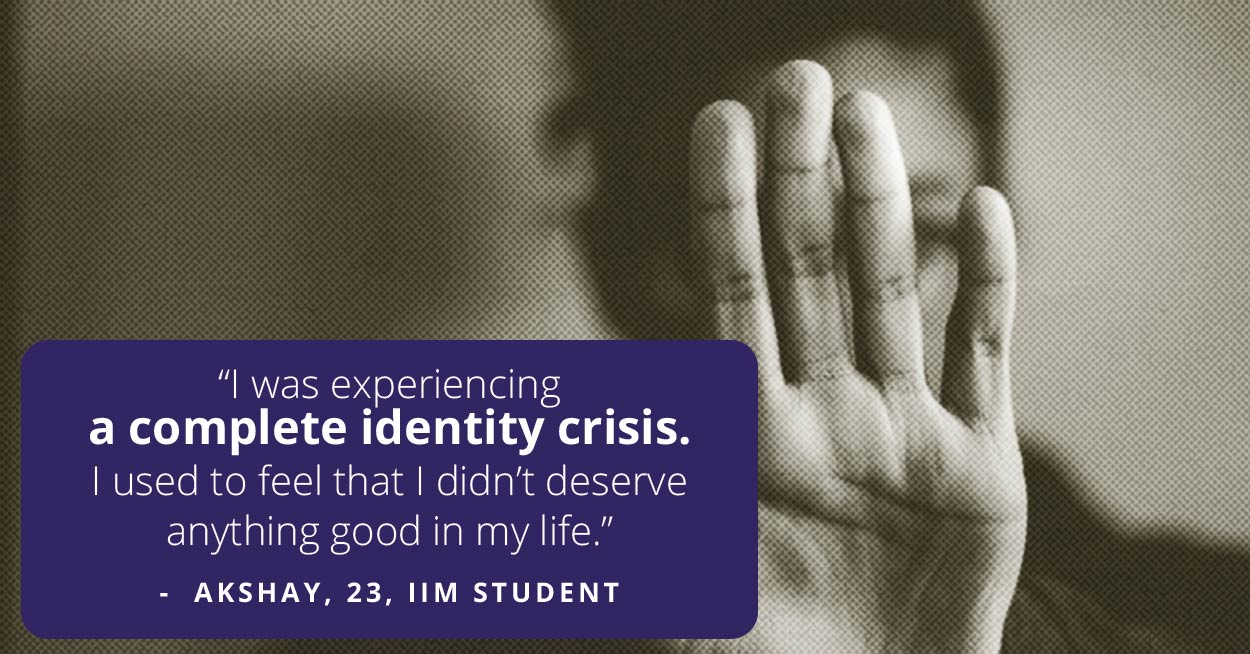How often have you changed your Profile Picture and not come back to check the number of likes on it?
Does the number of notifications (excluding the game invites) decide your mood throughout the day?
Do you like somebody’s picture thinking they will like yours in return.
If Yes, You are trading social currency for confidence.
We are all aware of such hypocrisy but why does this happen?
Who doesn’t like positive feedback? You may feel happy to know that people agree with you. But this feels wrong when you make it a status symbol. You start judging others and even yourself based on the friends, followers and likes on Facebook timelines. This fake world of getting likes is self-deprecating. You let others have the power to influence their opinions of you.
Human being crave attention and self-satisfaction. The various social media channels give you an easy platform to feel popular and accepted. The number of likes, followers, comments quantify the attention and tend to boost or lower your self-esteem.
At work, you need acknowledgement from your superiors to feel confident about your efforts. A single compliment can make you get rid of all self-doubts. The likes on your social media posts become a source of such acknowledgement and validation.
Likes take a toll on Relationships too!
When your partner is active on social media and misses to acknowledge any of your activity it becomes a reason for a new row. You compare your importance based on how your partner is responding to others on his friend list. You trust your partner only when s/he is open to sharing their relationship status publicly.
People with a purpose are less likely to fall into such traps.
According to a study by Cornell University, people with a true sense of purpose are less likely to be emotionally affected by social media likes. Anthony Burrow, the co-author of the study and assistant professor of human development, says
We found that having a sense of purpose allowed people to navigate virtual feedback with more rigidity and persistence. With a sense of purpose, they’re not so malleable to the number of likes they receive.
The study shows how having a sense of purpose can also blunt the emotional impact of positive events.
What can you do to stop crowdsourcing your confidence?
According to Italian neuroscientists of the early 90s, humans have mirror neurones in their brain that are responsible for imitative behaviour.
When you see a stranger stub her toe you flinch in sympathy or when your friend is disgusted while tasting a certain delicacy your stomach recoils at the thought of eating it. All this happens due to the Mirror Neurons of the brain.
Likewise, you can surround yourself with confident people and you will feel confident about yourself. While you find people around you thinking “I can” you also would start thinking in a similar manner to yourself.
Your body language can also create an impact on your self-esteem. Those for sit straight with the back being firm and not hunched down feel more confident about themselves.
When you stop crowd-sourcing your self-esteem, you have more time for yourself. You can focus on what really matter without defining yourself by the number of likes or comments on your social media posts. As Aristotle rightly says,
We are what we repeatedly do. Hence, your actions define you not your social media timelines.






